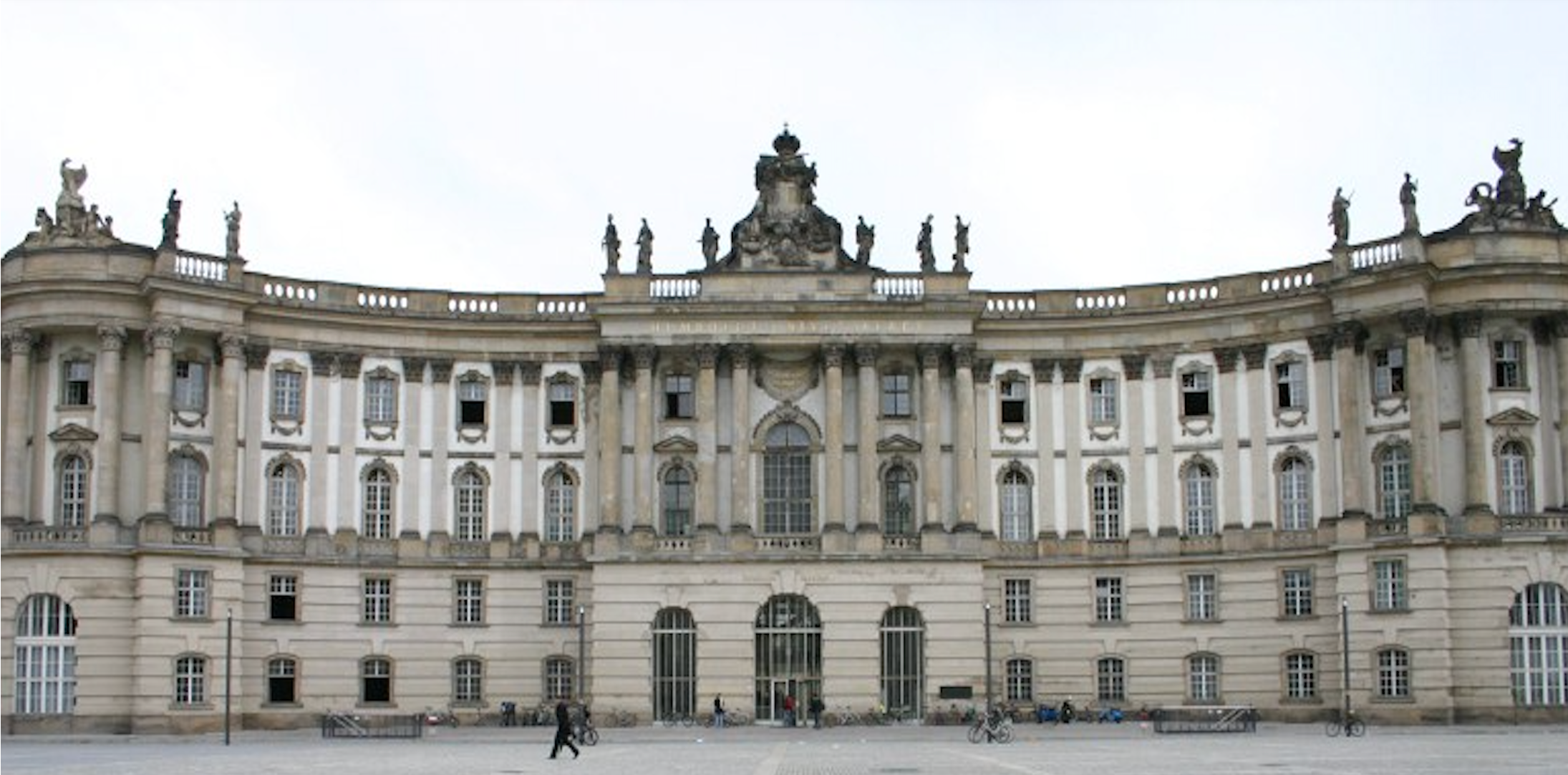Dr. Antonida Netzer and Olga Hamama on Sports and Dispute Resolution, 17 November 2021
Are forced arbitration agreements valid? This is just one of the interesting questions raised during the lecture on “Sports and Dispute Resolution” delivered by Dr. Antonida Netzer, Senior Counsel at the German Arbitration Institute (DIS) in Berlin, and Ms. Olga Hamama, Founder and Partner of V29 Legal - Duve Hamama Rechtsanwälte PartG mbB. While those with no experience in sports may initially find the field of sports arbitration esoteric, Dr. Netzer and Ms. Hamama showed that this field intersects with topics that will certainly pique the interest of many arbitration enthusiasts – acceptability of mandatory arbitration, protection of human rights, and possibility of appeal from an arbitral award, among the many issues raised.
Dr. Netzer commenced with elucidating on the term “sport.” In order to do this, she discussed the interesting case of R. v. Brown ([1993] All ER 75). In that case, the court distinguished sport from an activity that involves a consensual mutual infliction of physical harm (a sadomasochistic activity) in that the latter does not involve a referee. Dr. Netzer then discussed the distinction between lex sportiva (sports law) and lex ludica (rules of sport) and gave an overview of dispute resolution in the area of sports. She explained that there are dispute resolution mechanisms available for two broad types of sports-related disputes, i.e., commercial disputes, and regulatory and disciplinary disputes. While commercial sports-related disputes may be resolved by state courts, arbitration courts, and sports adjudicating institutions, disputes involving regulatory and disciplinary matters are usually resolved by adjudicating institutions within the respective sport governing bodies. As Dr. Netzer emphasized, these internal adjudicating institutions are not “genuine” arbitration courts despite sometimes being called “courts of arbitration.” Their rulings may be appealed to national state courts or genuine arbitration courts, such as the German Court of Arbitration for Sports and the Court of Arbitration for Sport (“CAS”).
Dr. Netzer tackled the issue of doping and clarified the roles of the International Olympic Committee (“IOC”), the World Anti-Doping Agency (“WADA”), and the National Anti-Doping Agency Germany (“NADA”) in the fight against doping. She explained that in anti-doping disputes, the awards issued by tribunals under the auspices of the DIS may be appealed to the CAS. Further, NADA participates in arbitration proceedings before DIS tribunals and may appeal the awards issued by the latter.
Ms. Hamama followed with a presentation about the CAS, its history, structure, and the proceedings before it. She explained that the creation of the CAS stemmed from the need to create a specialized authority that can settle international disputes and offer a quick and inexpensive procedure. Ms. Hamama also highlighted that the Fédération Internationale de Football Association (FIFA) recognizes the CAS as the highest body in appeal proceedings, and that WADA considers the CAS as the highest body in anti-doping related matters. Thereafter, Ms. Hamama provided an insight on the roles of the Swiss Federal Tribunal and the European Court of Human Rights in sports dispute resolution as the so-called “gate-keepers of the system.” Ms. Hamama explained that judicial recourse against a CAS award may be made to the Swiss Federal Tribunal on a limited number of grounds. Interestingly, appeals against CAS awards currently comprise approximately 50% of the Swiss Federal Tribunal’s caseload relating to international arbitration. Approximately 10% of the appeals have been successful to date and only one award was set aside on substance.
Finally, Ms. Hamama gave a brief overview of the use of artificial intelligence in sports. She noted that at the 2019 World Championships, the International Gymnastics Federation used, for the first time, artificial intelligence technology and 3D censors during inquiries (when the gymnast directly challenges the judge’s score) and blocked scores (when the judges have large gaps between their scores). The technology was used as an additional judging tool in vault, pommel horse, and still rings.
Of course, the lecture would not be complete without tackling controversial cases in sports dispute resolution, specifically the cases FC Metalist v. UEFA and Claudia Pechstein v. ISU. The case of FC Metalist v. UEFA, which related to a match-fixing scandal in football, raises several interesting issues, including, among others, strict liability of football clubs, and admissibility of illegally obtained evidence in sports arbitration. On the other hand, the landmark case of Claudia Pechstein v. ISU, which involved a German professional ice-skater who was sanctioned for an anti-doping violation, shows the interplay between arbitration, sports law, and human rights. Because Pechstein questioned the validity of the subject arbitration agreement on the ground that she was “forced” to sign it, this case raises an interesting question on whether there can be a valid arbitration based on forced consent.
The field of sports dispute resolution is like this year’s IDR LL.M. class – an amalgamation of diverse remarkable elements that are merged together to form an exciting group. It is this fusion of diverse elements in sports dispute resolution that makes this field interesting.
Maria Diory F. Rabajante, IDR LL.M. Candidate
